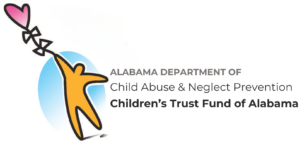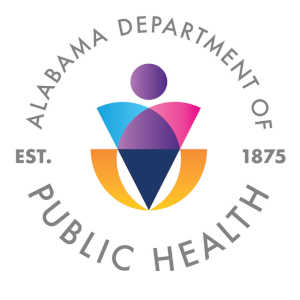Navigating social situations is hard enough without the compounding pressures of substances use. Many teens avoid social situations to prevent feeling uncomfortable. However, with these refusal strategies, your children may feel more empowered to set their own boundaries when attending parties. Feel free to customize them and practice!

- Say NO: Most children in the DARE generation likely learned this strategy. Say NO, firmly and directly. Ask the person offering substances to quit offering. Do not feel guilty for refusing drugs. Some people may find this strategy is a little clunky in real world applications. It helps to practice, but if saying NO feels too awkward, try one of our other strategies.
- Bring a Friend: There is strength in numbers! If you are worried about attending a party or event that might host substance use, bring a friend you trust that also understands the risks. It is easier to say no as a group. You and your friend can watch each other’s back (and drinks).
- Laugh It Off: One reason people struggle to say NO is that being serious in a social situation can feel out of place and draw attention. Humor is a great way to alleviate stress. When offered drugs or alcohol, find a joke that can help excuse you from the situation. For example, when Mary is offered alcohol at her prom after-party, she says, “Oh, you want me to dance on tables like a fool? No, thank you.” This approach is less awkward than saying a flat NO, but it also keeps the message clear.
- Have an Escape Plan: Most people who have made it through high school will agree: having an escape plan is perhaps the single best second option when attending a social event. An escape plans allows young people to try new things and attend places they might not be comfortable, but also gives the security that there is a way out if things get too heavy. Coordinate with a friend or family member that you know will be there for you. Pick a safe word or symbol and establish the ground rules. “Mom, if I send you an asterisk (*), that means come get me ASAP!”
- Hold a Cup (Yes, really.) This strategy gets the best results with alcohol, but mileage may vary. Party hosts want guests to have a good time. That includes topping off drinks and making sure everyone gets their share. Next time you are at a party, hold a solo cup filled with soda or water. If someone offers you alcohol, you have an excuse to say no: “I’m still working on this one, thanks.” If someone forces alcohol in your cup, pour it out in the nearest house plant (or sink).
 The most important thing for teens to understand is that they do have control in creating their boundaries and staying comfortable in social settings. Delaying first use is a large step to a life of happy sobriety. These strategies are a tool for just that. Did we miss a strategy? Let us know in the comments or shoot us an email!
The most important thing for teens to understand is that they do have control in creating their boundaries and staying comfortable in social settings. Delaying first use is a large step to a life of happy sobriety. These strategies are a tool for just that. Did we miss a strategy? Let us know in the comments or shoot us an email!









